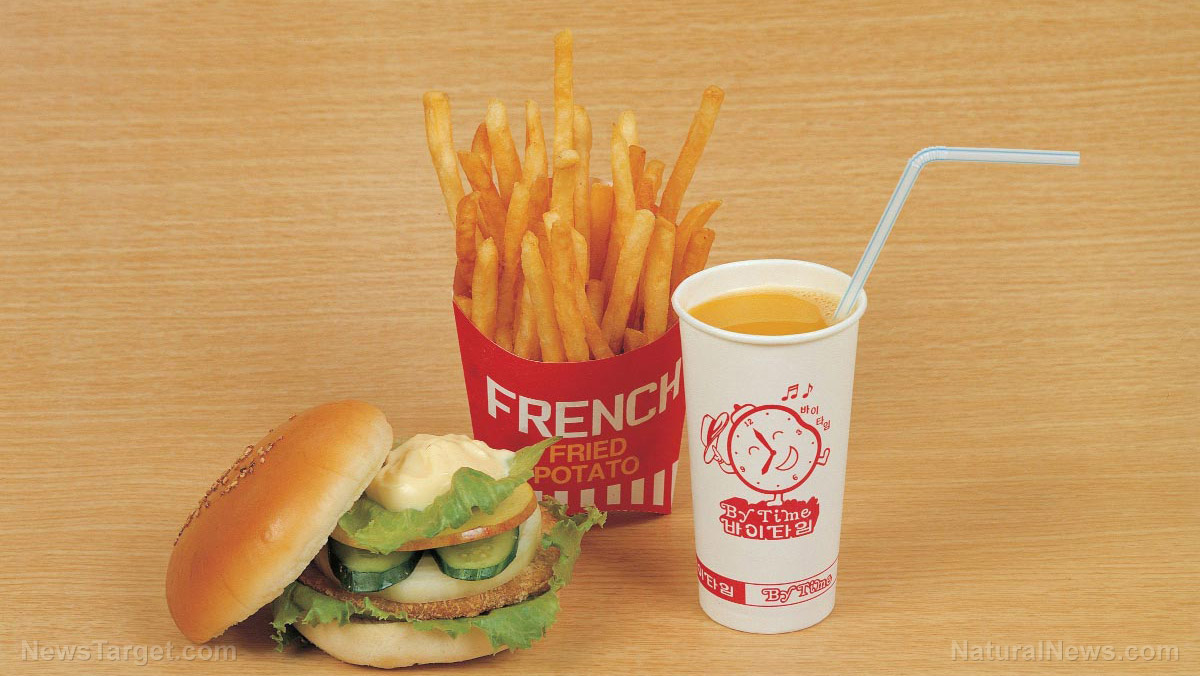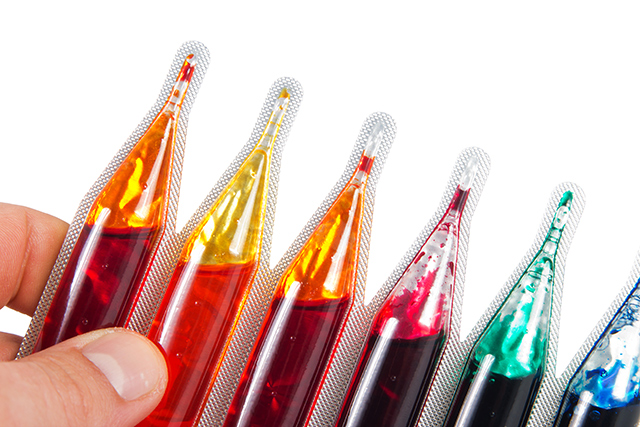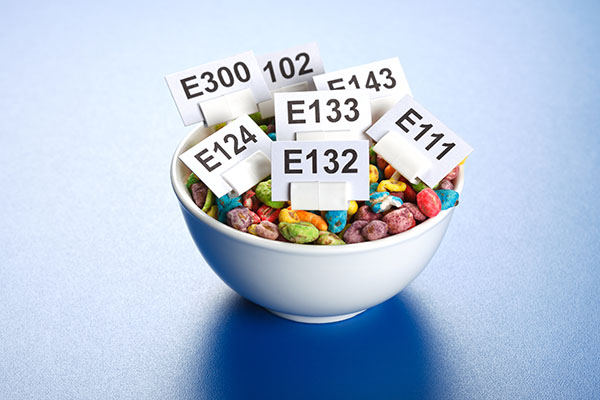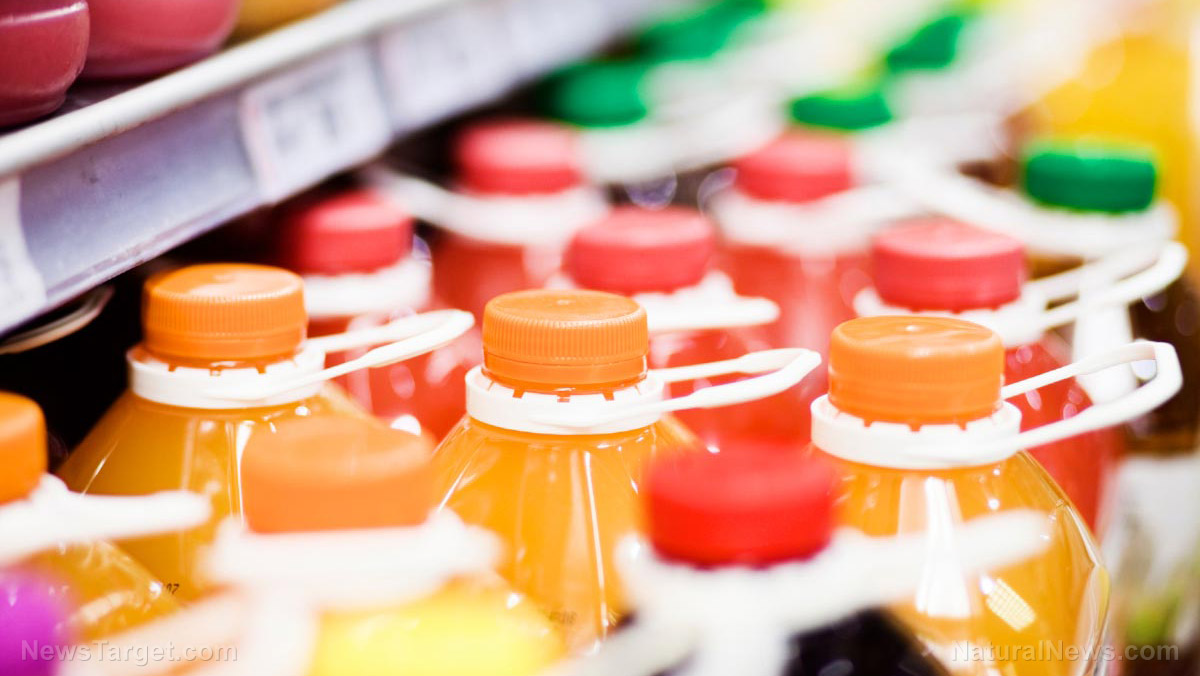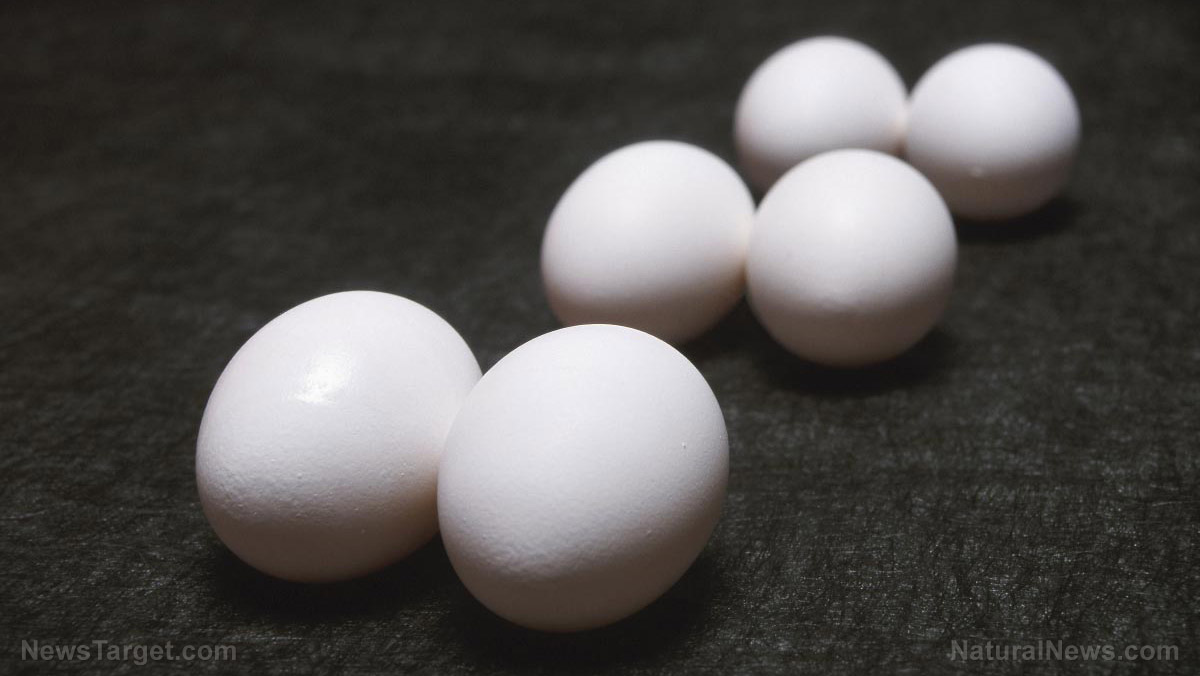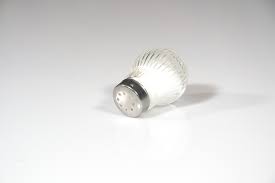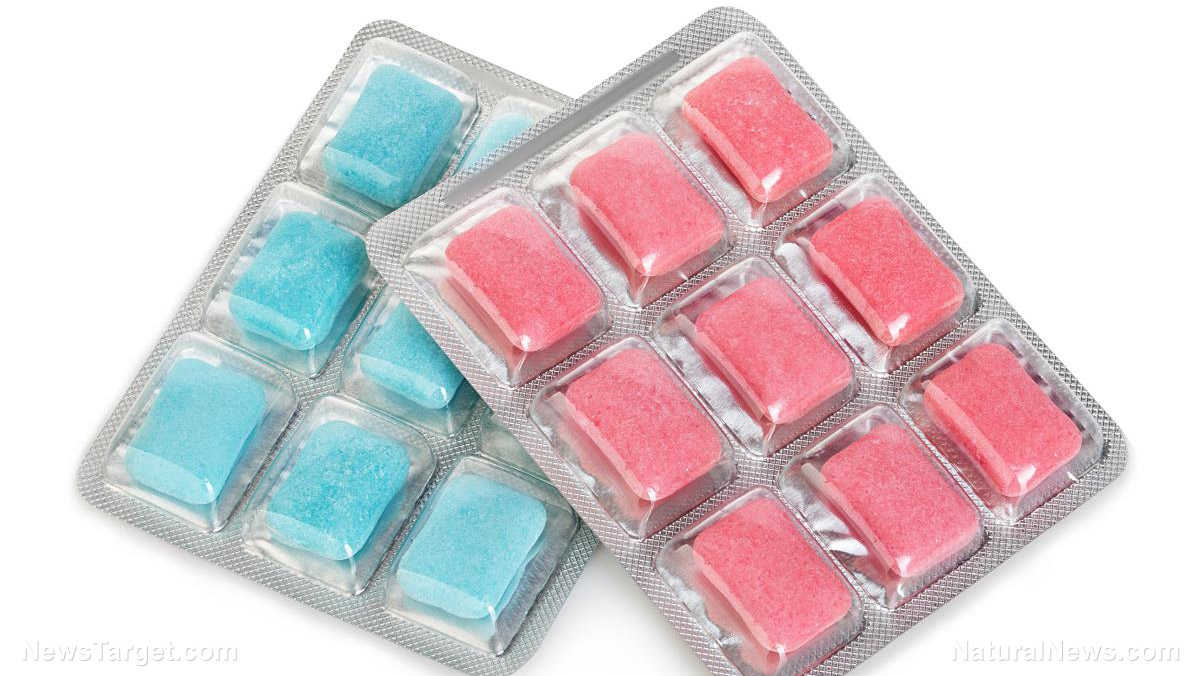Major baby food brands exceed California lead limits, risking children’s health
04/17/2025 / By Cassie B.

- Products from many major baby food brands contain lead levels that far exceed California’s safety limit.
- A lawsuit alleges that manufacturers knowingly sell products requiring Proposition 65 warnings but fail to use them.
- Lead exposure risks children’s brain development, with no safe level of consumption.
- Companies exploit loopholes to avoid accountability, while FDA standards lag behind those of the state of California.
- Parents must take action by choosing safer brands, making homemade options, and demanding transparency.
Parents trust baby food companies to provide safe, nourishing meals for their infants. But recent testing reveals alarming levels of lead in products from major brands like Gerber, Beech-Nut, and Plum Organics — some exceeding California’s safety limits dramatically.
A lawsuit filed by the Environmental Law Foundation (ELF) on behalf of consumers highlights a disturbing trend: manufacturers are selling baby foods with lead concentrations that legally require warning labels under California’s Proposition 65, yet many parents remain unaware of the risks.
A silent threat to development
Lead is a neurotoxin with no safe level of exposure for children, according to the U.S. Centers for Disease Control and Prevention. Even small amounts can impair brain development, lower IQ, and contribute to behavioral disorders like ADHD. Several of the tested baby foods contained levels of lead per serving that were far above California’s maximum threshold of 0.5 micrograms per day. Products flagged include Beech-Nut’s organic sweet potatoes, Gerber’s 2nd foods carrots, and Plum Organics’ Just Prunes.
“The goal is to minimize exposure to these heavy metals, but to completely eliminate exposure is not realistic,” argued Norbert Kaminski, a food safety expert at Michigan State University. But advocates counter that this reasoning dismisses parental concerns. “Those exposures add up. They create health risks in childhood and throughout a lifetime,” said Jane Houlihan of Healthy Babies Bright Futures. “Every time a child eats a meal contaminated with lead, it’s a problem.”
Loopholes and legislative gaps
While California’s Proposition 65 sets strict lead limits, companies exploit averaging tactics to avoid accountability. Gerber claims it complies with the law by calculating lead exposure over time — assuming infants don’t eat the same product daily — while Beech-Nut and Plum Organics average contamination across batches. Legal experts note these practices aren’t explicitly allowed under the law.
The FDA’s federal standards, meanwhile, lag behind California’s. None of the tested products exceeded the FDA’s daily limit of 2.2 micrograms of lead, but critics argue this threshold is dangerously permissive. A Reuters analysis found 102 out of 1,757 baby food tests surpassed California’s tighter limits, yet companies face no federal repercussions.
How parents can take action
With systemic failures in regulation, families must advocate for their children’s health. Here are practical steps:
- Choose safer brands: Support companies like Cerebelly, which sources ingredients from low-heavy-metal soil.
- Make homemade purees: Fresh, organic produce blended at home can reduce exposure (though soil contamination persists industry-wide).
- Demand transparency: Pressure manufacturers to adopt California’s standards nationwide and end batch averaging.
Some states are taking action; Maryland passed a law mimicking California’s testing requirements, and Illinois may follow. But until stronger federal rules exist, parents remain the first line of defense.
A fight for the future
The lawsuit against major baby food brands that is now advancing in federal court could force overdue accountability. For parents, the stakes couldn’t be higher. As one recently recalled Target product (Good & Gather Baby Vegetable Puree) shows, even store-brand items aren’t immune.
The solution isn’t just better testing; it’s a cultural shift toward valuing children’s health over corporate convenience. Until then, informed choices and collective advocacy are the best tools parents have to protect their babies from an invisible poison.
Sources for this article include:
Submit a correction >>
Tagged Under:
baby food, California, clean food watch, dangerous, food science, food supply, grocery, infant's health, Lead, poison, products, Proposition 65, real investigations, stop eating poison, toxic chemicals, toxic ingredients
This article may contain statements that reflect the opinion of the author
RECENT NEWS & ARTICLES
COPYRIGHT © 2017 GROCERY NEWS





